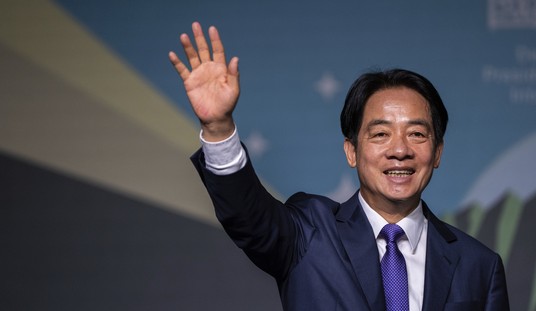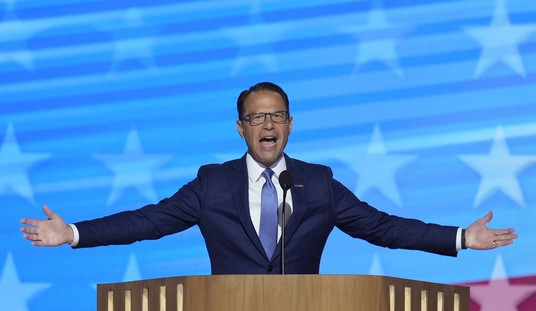Stung by criticism over its lack of a “complete strategy” to fight ISIS, the Obama administration announced today that they would send 450 more US troops to the beleaguered Anbar province. CNN’s sources informed the network of the change earlier in the day, and warned not to read too much into it. This is not a change in strategy, CNN’s Barbara Starr reports, but an “adjustment” to the existing plan:
Starr adds, oddly, that all that’s needed is for the Iraqis to show up. Why might that be an issue? The training will aim at helping Sunni tribes in western Iraq resist ISIS — but that presupposes that they will want to conduct that fight at all. The Associated Press broke the story an hour ago:
The White House says the United States will send up to 450 more troops to Iraq to boost the training of local forces. It’s a response to recent setbacks at the hands of the Islamic State and Baghdad’s appeals for more help.
Under the plan, the number of U.S. training sites in Iraq would increase from four to five, enabling a larger number of Iraqis to join the fight against the Islamic militant group. Most of the fighters would be Sunni tribal volunteers.
That sounds like a good idea — one borrowed from George W. Bush, only without the requisite resources to make it work. The reason why the Anbar Awakening worked in 2006-8 was because of the “surge” and the US commitment to guarantee Sunni access to shared power in Baghdad. Without us being the strong horse, the Sunni tribes would have taken their chances with AQI, as ISIS was known then, or stayed out of the fight entirely. Not only do we not have the resources on the ground to validate our original guarantees with the Sunni tribes now, they already have been betrayed once by the current US administration. If the US isn’t willing to show a commitment to this fight on the ground, don’t expect these tribes to commit to it either, whether we double our staff of military advisers or not.
John Boehner called this a step in the right direction, but not a replacement for a realistic strategy for victory. He scoffed at the proposed authorization for the use of military force (AUMF) being floated by the White House and its allies, and called on Obama to get serious about the threat from ISIS:
I’d disagree with Boehner on the AUMF on one point. Congress shouldn’t have to craft an AUMF around an administration’s strategy for war. They should authorize whatever force it takes to bring victory, and leave the strategy for that effort to the Commander in Chief.
Otherwise, Boehner’s correct. This really doesn’t change much in terms of strategy. It won’t change anything in terms of outcome, either. This is merely an “adjustment” on directionless drift.







Join the conversation as a VIP Member